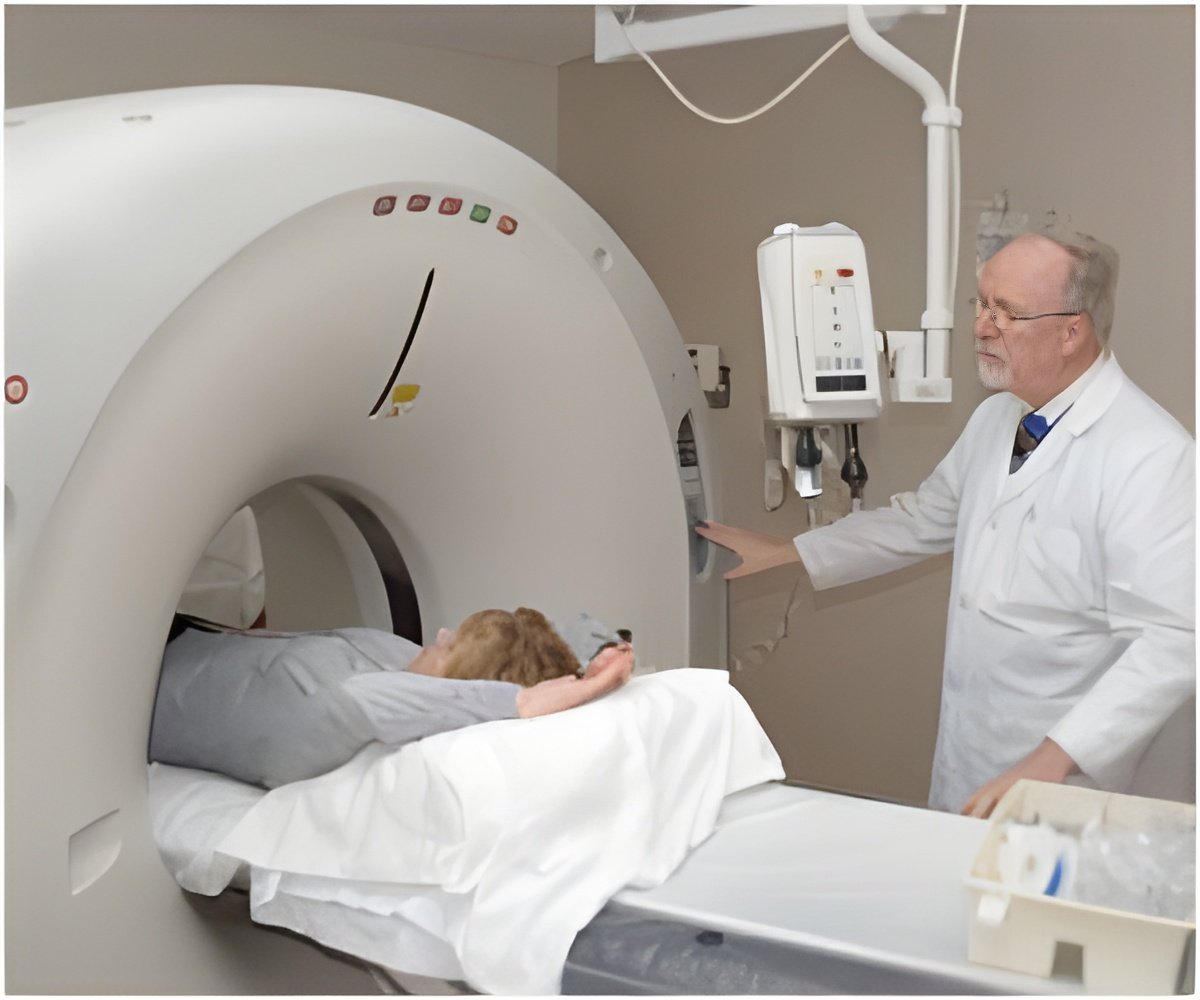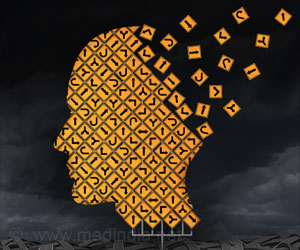
‘Episodic memory of individuals can be decoded using a computational linguistic model and fMRI to create a neural fingerprint. This might help to study, diagnose, and personalize effective therapeutics in various nervous system disorders.’
Tweet it Now
The team invited 26 participants to recollect almost 20 common scenarios (e.g., reading, dancing, driving, attending a wedding, or eating out at a restaurant). Each individual’s verbal description of the events differed and they were charted to a computational linguistic model, to interpret the words. This creates a specific representation of the context of the description, followed by rating the aspects of the recollected events, such as how strongly it was associated with sound, color, movement, and different emotions.
Neural Fingerprint:
The participants then underwent fMRI and were asked to reimagine the same scenarios while researchers measured which areas of the brain were activated. For example, if the participant imagined driving through a red light in the scenario, areas of the brain associated with recalling motion and color would be activated. This derived a functional model of the neurological activity of each participant's brain networks.
"One of the goals of cognitive science is to understand how memories are represented and manipulated by the human brain. This study shows that fMRI can measure brain activity with sufficient signal to identify meaningful interpersonal differences in the neural representation of complex imagined events that reflect each individual's unique experience", said Andrew Anderson, Ph.D., with the Del Monte Institute for Neuroscience and co-author of the study.
Advertisement
The evidence obtained can thus be utilized to study, diagnose and personalize effective therapeutics in dementia, other memory deficit disorders, schizophrenia, and depression.
Advertisement













